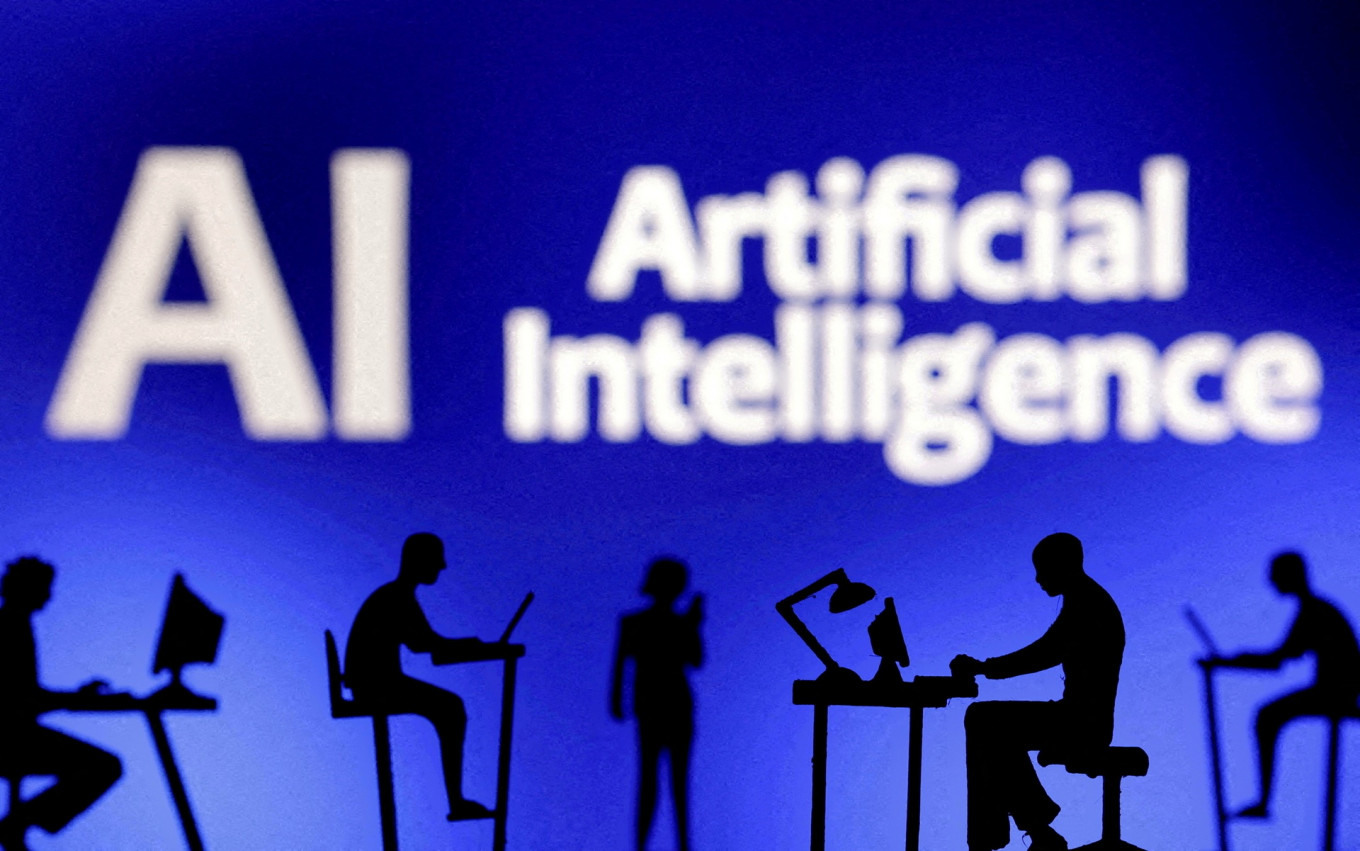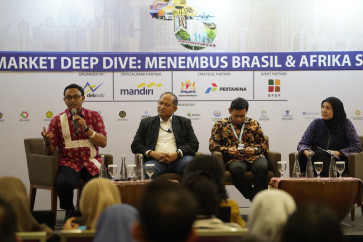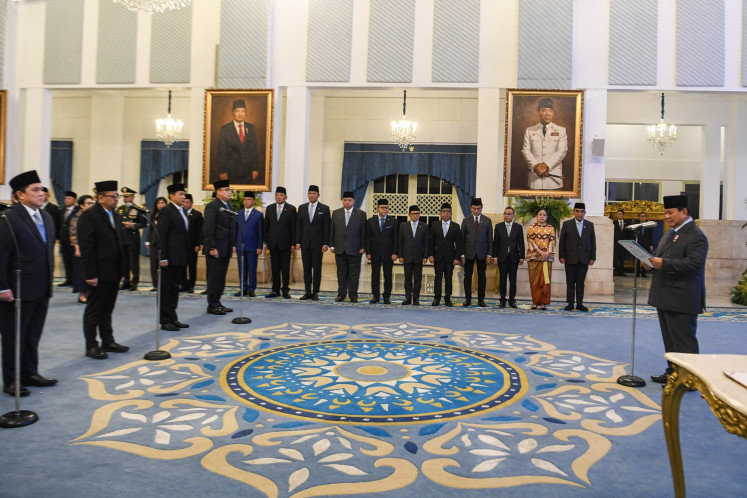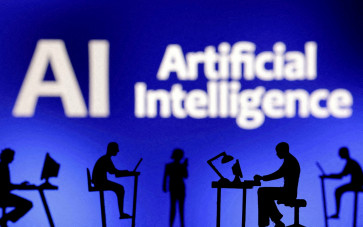Popular Reads
Top Results
Can't find what you're looking for?
View all search resultsPopular Reads
Top Results
Can't find what you're looking for?
View all search resultsAI is hollowing out higher education
Rather than a new technology, companies are promoting artificial intelligence by repackaging it again, this time by anthropomorphizing it and by default, dehumanizing our very ability to think for ourselves.
Change text size
Gift Premium Articles
to Anyone
M
odern AI technologies severely impede humans’ ability to learn and retain skills, while also making it nearly impossible for academics and other experts to cultivate and disseminate knowledge. Many scholars, including us, have highlighted the threat posed by techno-solutionism in education: Rather than expanding our intellectual horizons, these technologies undermine the very conditions that allow us to think for ourselves.
The corporations profiting from AI, including Microsoft, OpenAI, Nvidia and ASML, have a vested interest in maintaining the current hype. Their oligopolistic control over both hardware and software depends on the exaggerated claim that cognitive labor can be fully outsourced to their models.
In reality, the apparent achievements of these systems rest on the wholesale theft of humans’ intellectual labor. Most notably, large language models (LLMs) have been trained by scraping books and scholarly works without the authors’ or publishers’ consent, fragmenting and remixing them into patchwork plagiarism packaged as humanlike responses.
According to the AI industry’s narrative, all human creativity, innovation and knowledge are essentially automatable, rendering people obsolete. Even advocates of “human-centered AI” assume this to be true.
Yet studies in automation and cognitive science, together with the long history of the boom and bust cycles of artificial intelligence, demonstrate that sweeping claims of near-total automation are exaggerated, self-defeating and toxic. Automation, even when it works, must operate at a much lower level than these companies suggest to succeed without eroding the skills and agency of human operators.
Ultimately, the collective strategy of AI companies threatens to de-skill precisely those people who are essential for society to function. What value, after all, is there in automating art, thinking or reading, especially in educational and academic settings? None.
On the contrary, automation of knowledge and culture by private companies is a worrying prospect, conjuring dystopian and outright fascistic scenarios.



















